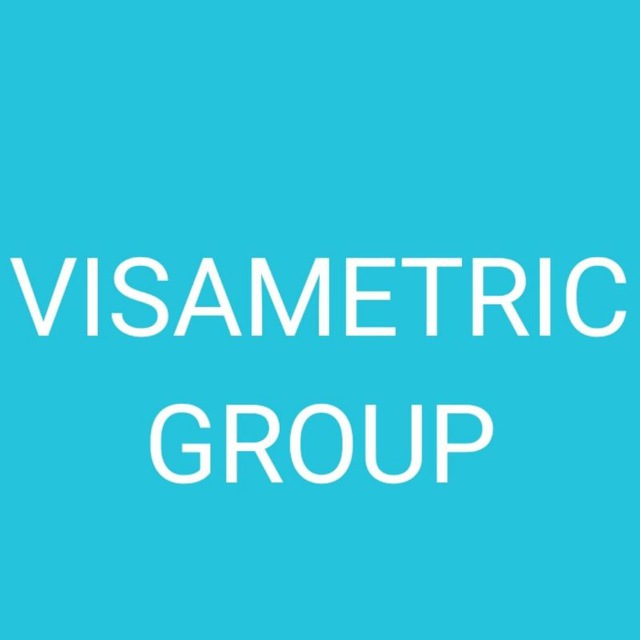There is no mention of legal here; You only have to provide the original copy of the official translation documents with the seal of the ministers.
Explanation of the difference between legal and begla:
In general, we have two stamps:
Legalization
Beglaubigung
The first one is written on the original translation.
The second one is written on the copy of the translation.
Applicants for academic admission: Most universities and Uniassist ask you to upload a scan pack of the translation first. In fact, you upload what the university wants, because Uniassist is just an intermediary. Then you submit the application online and if you need to send it by mail for a university, then you prepare the necessary documents as they requested and it may take 1-2 weeks to send them by mail. So you have to consider the deadline.
Most universities that need to send documents by mail, in addition to uploading, will ask you for a certified copy.
The certified copy of Beglaubigte kopie or Certified copy, the same copy as the original, can be one of the following, you should see which type of approval is meant by official approval by asking or studying the university website more closely:
1- Copy certified by the embassy
2- A copy certified by a notary office with an English seal.
which you can get from a site like naati ir (it is usually prepared in one day at a lower cost than Visametric and is approved by most universities and institutions)
3- Copy certified by the translator
4- Copy certified by the office:
» Mustafa Mousavi office code 1017 (Sidkhandan)
» Office 1099 (Midun Wenk)
× For Isfahan province, according to the experience of the friends of office 463 (Pirbakram)
There are probably such offices in your city, which you can find by searching and calling.
In Germany itself, if you are in Germany, you can get a certified copy from these places:
Rathäuser/Bürgerämter
Ortsbürgermeister
Notary
Asta
and…
The embassy does not require any certified copies and legalized translations. It only needs a simple copy of the original translation of the educational documents that were sealed by the ministers.
For certified and legal copies of translations at the embassy (legalization section on Visametric website), visit the embassy website and select the desired option according to the above description.
First, check and correspond with the desired university or recognition office, and if they only accept diplomas from the embassy, make an appointment with Visametrics (be aware that 99% of German universities accept diplomas from notaries)
If you are applying for a study visa, be aware that there is no time limit for translation validity, so don’t mistakenly spend your time and money on legal documents for the purpose of permanent translation validity.
If you have a correspondence with the university, up to 5 correspondences with 5 universities will include a discount, if you choose the first option for a copy of the original academic transcript – despite the discount, it will still be more expensive than the notary.
For a student visa, a legal birth certificate is required only if the birth certificate is inconsistent with the educational qualifications.
This post is written by MHT597
